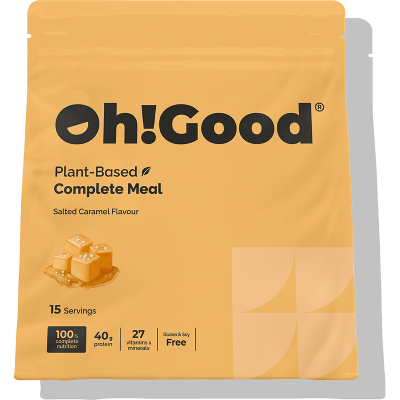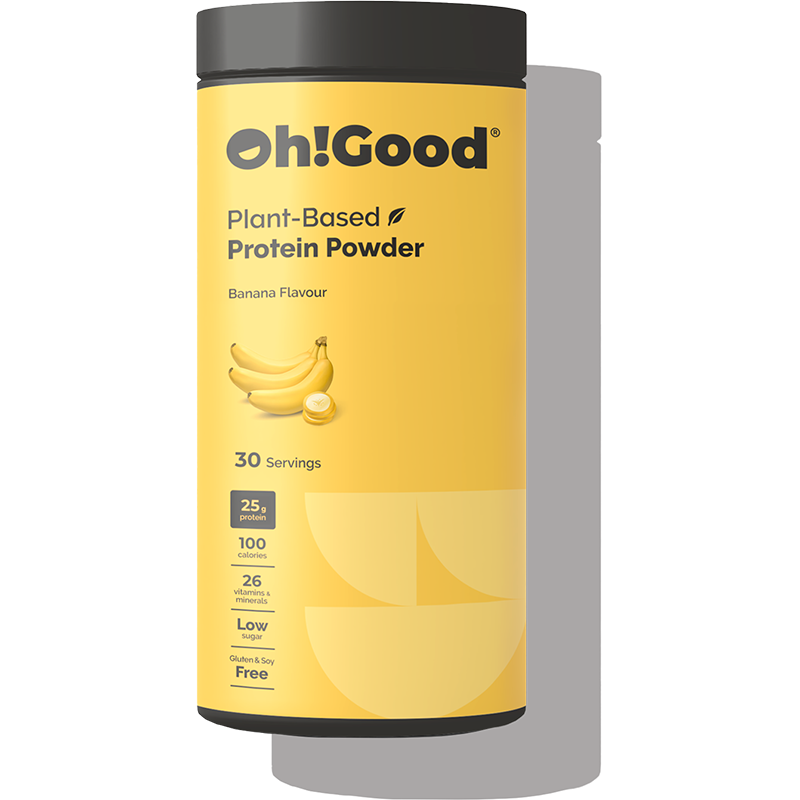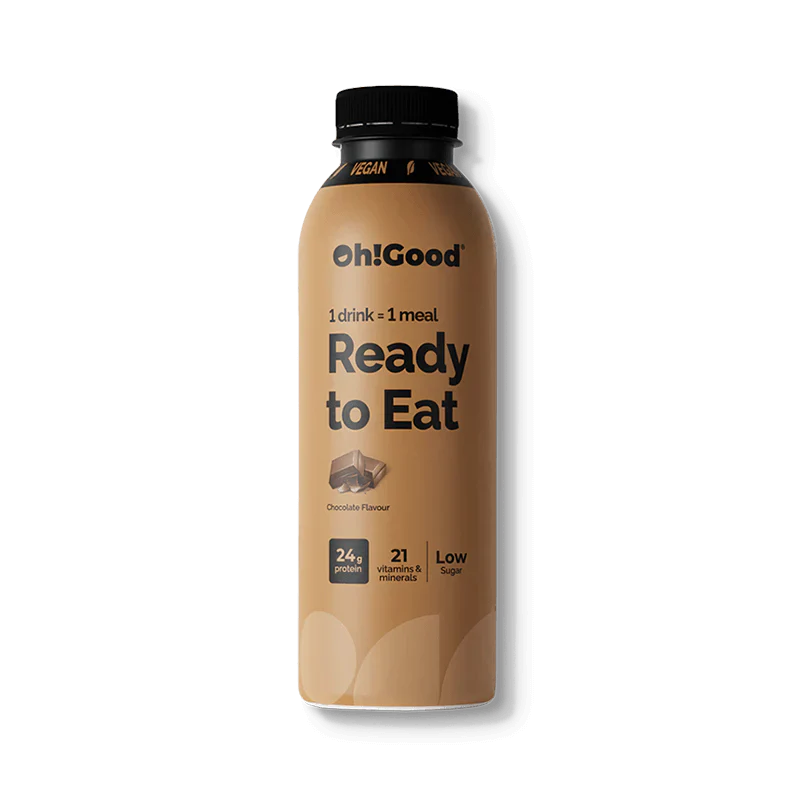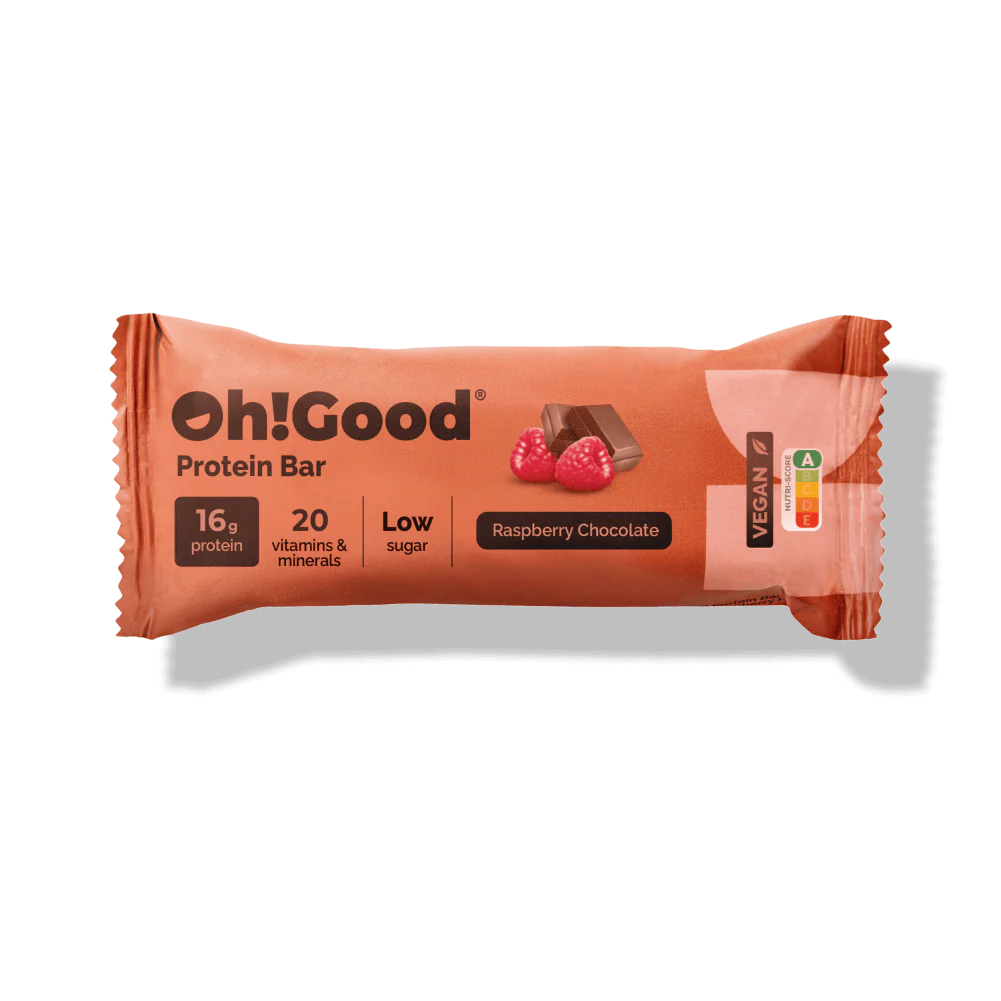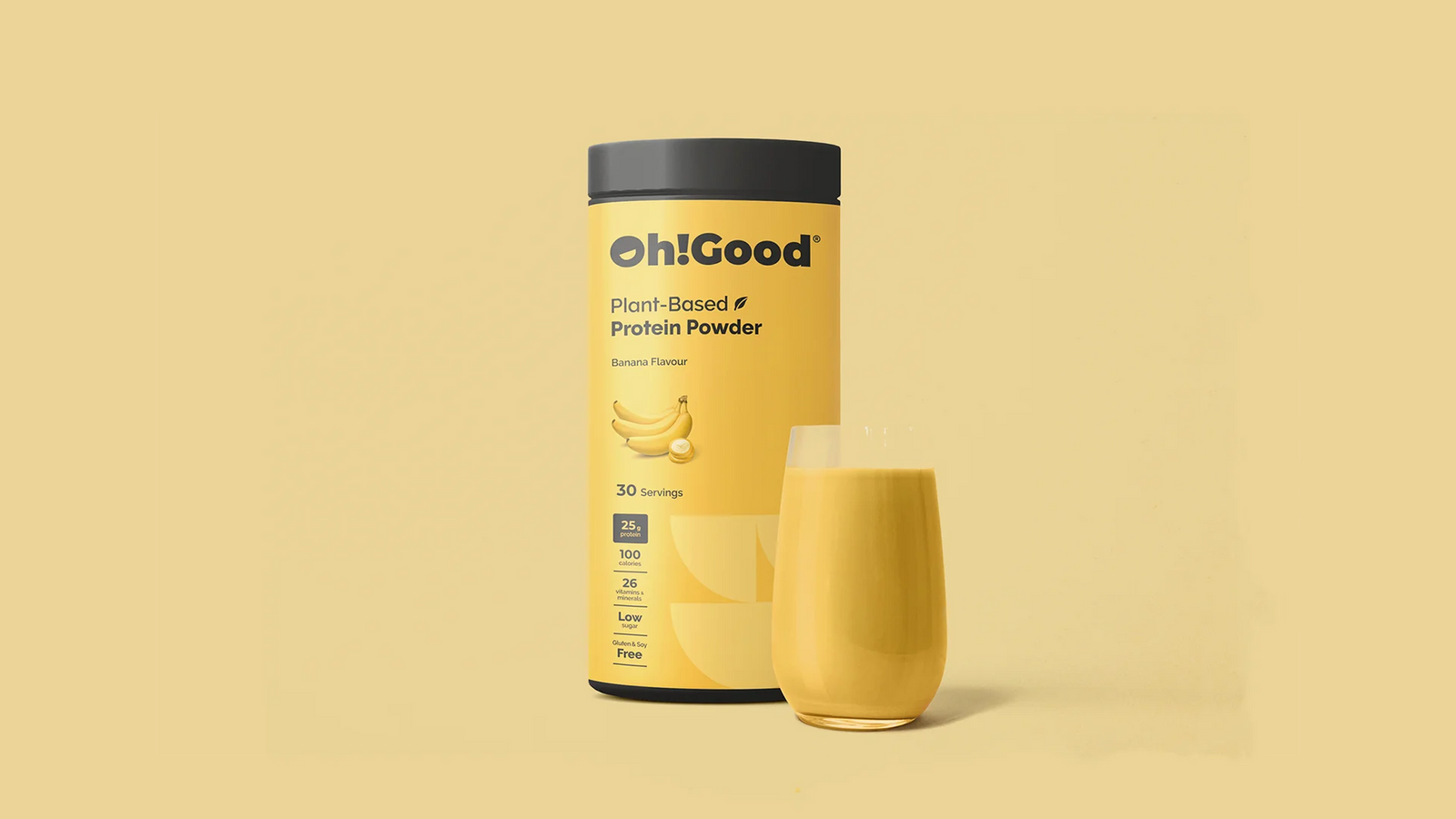Ever heard of a diet that excludes protein? Despite their differences, almost all diets encourage protein consumption in various forms. This is no accident. Protein plays an essential role in metabolic processes, maintaining immunity, transporting nutrients and molecules throughout the body, maintaining a neutral pH, and the body's repair processes.
In this article we will share a little more information about protein - what it is, what it helps us with and how we can get the most out of it in our diet.
First of all, protein is one of the 3 macronutrients found in every diet. Unlike carbohydrates and fats, protein has no storage depots (it does, but very small ones) and the body rarely uses it as an energy source. But as already mentioned, protein is responsible for other important processes in our body. One of them is the synthesis of certain types of hormones that are responsible for a number of processes in our body. Also, some of the proteins function as enzymes that aid and speed up chemical reactions in the body. Another essential role is the transportation and storage of other nutrients and molecules in the body. An example is hemoglobin, which is responsible for transporting oxygen in the blood.
You've heard the word antibodies, right? The ones that fight infections, viruses and diseases. They are also called immunoglobulins and are proteins without which our immune system cannot work.
The proteins in our body also act as a buffer that controls the pH levels in the blood.
There is also no way not to mention collagen, which is a protein with structural functions. It is the main component of cartilage, tendons and ligaments and the main protein component of bones and teeth. Keratin (another major protein) makes up our skin, hair and nails.
Surely you've heard the expression "kids need to eat more protein"? And that's exactly right. This is due to the fact that proteins, in addition to everything listed so far, are also responsible for the body's repair and regenerative processes.
But how much protein should we take in and how can we use it optimally?
The amount of protein is primarily determined by limitation and physical activity. As a minimum, we can define 0.8 g of protein per kg of personal weight per day, which makes about 60 g of protein per day for a 75 kg person. However, if you play sports, about 1.6 g of protein per kilogram are needed to achieve optimal results in building muscle mass and quality recovery. With larger amounts, improvement is seen, but it is not directly proportional and loses meaning in people who train for health rather than athletic performance.
There are 3 basic principles we can use when building our diet:
Protein has the highest thermic effect of macronutrients. TEF - this is a parameter indicating how much of a food's energy/calorie is needed to take in and digest it. For protein it is 20-30%. This means that if you take in 100g of protein about 20-30g of it will be burnt to digest the rest.
Eating enough protein stimulates protein synthesis. Most often diets are used as a means of weight loss, by which to lose excess weight. In this case, we will have to go into a calorie deficit (not a terminal one) in order for our body to start burning fat. If we take in enough protein to trigger protein synthesis, it will help us maintain the muscle mass we have. This in turn is important to keep our metabolism levels up.
If you are still looking to maintain your weight or gain muscle mass the same principle remains in effect, you should maintain or increase your daily calorie intake.
Of the three macronutrients, protein gives the strongest feeling of satiety. However, it should be noted here that different protein sources can have different effects on the feeling of satiety in different people. Or in simpler terms, you can use protein sources that will keep you full for a long time, and this in turn will reduce your daily calorie intake.
Now that we know why we need to snack on protein on a daily basis, it's important to choose complete protein sources.
Oh!Good Protein Powder is a complete protein, with three plant protein sources: pea, rice and hemp. It contains all the essential amino acids (EAAs), as well as 27 vitamins and minerals and a Bulgarian probiotic. Its holistic formula makes it a perfect choice for achieving long-term results for weight loss, muscle building, quality recovery and boosting energy and immunity.
The author of the article is Stavri Stavrev - a certified nutritionist, coach and CrossFit athlete with over 10 years of experience.
If you want to build proper eating habits and achieve peak physical fitness, you can connect with him via his Instagram account.
